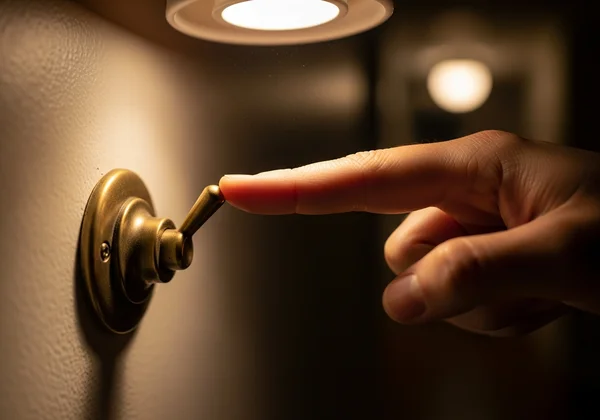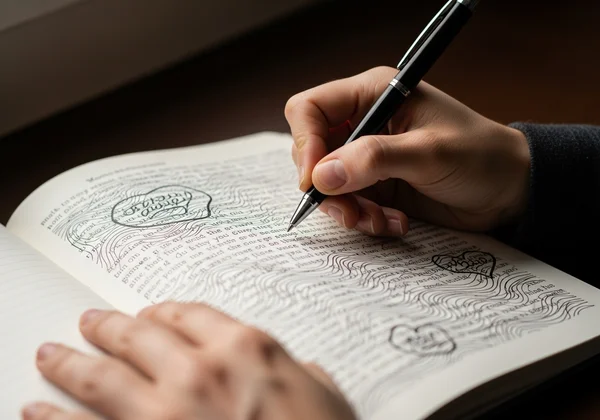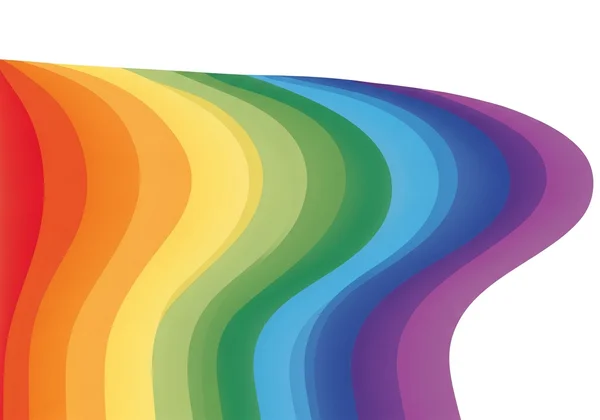Am I Gay or Bisexual? Your LGBTQ+ Orientation Self-Discovery Guide
November 20, 2025 | By Riley Foster
That sudden, quiet "aha!" moment. It can feel like a light switch flicking on in a room you never knew existed. Whether you're thinking, "I think I might be gay," or find yourself asking, "Am I bisexual?", this realization can bring a tidal wave of emotions—excitement, relief, confusion, and maybe even a little fear. If you're standing at this new beginning, take a deep breath. You are not alone, and this guide is here to walk with you through these crucial first steps, offering a supportive roadmap for your journey of self-discovery. This path is yours to own, and you can start exploring it today.

What to Do After Coming Out to Yourself: Processing Emotions
The most important coming out is the one you do to yourself. This first acknowledgment is a huge step, and it’s completely normal for your mind to be racing. Before you think about anyone else, it's essential to give yourself the space and time to process what this means for you. This initial phase is all about gentle introspection and understanding your own feelings without pressure or judgment.
Is it Normal to Feel Confused or Scared About Your Sexuality?
Absolutely. Feeling a mix of confusion, fear, or anxiety alongside any excitement is one of the most common experiences in the questioning sexuality process. For years, you may have lived with a certain idea of who you are, and this new understanding changes that picture. It’s natural to worry about how your life might change, what others might think, or what this means for your future. Remember, these feelings don't invalidate your realization. They are simply part of the process of adjusting to a more authentic version of yourself. Your feelings are valid, and this is a brave step.
Giving Yourself Grace: You Don't Need All the Answers Now
There's no rulebook that says you must have your entire identity figured out overnight. You don't need to choose a definitive label or plan your next ten years right this second. The most important thing you can do is give yourself grace. Allow yourself to be unsure. Allow your understanding of yourself to evolve. This journey is not a race to a finish line; it’s a process of unfolding. Be patient and kind to yourself, just as you would be to a friend going through a major life discovery.
Journaling & Self-Reflection: Your Private Space for Thoughts
One of the most powerful first steps you can take is to create a private space for your thoughts. Journaling can be an incredible tool for self-reflection. Write down what you're feeling, the questions you have, your hopes, and your fears. No one else has to see it. This is your confidential space to untangle your thoughts without any external noise. This act of writing can bring clarity and help you understand your own heart. It's a dialogue with yourself, and it's a key step in building a stronger connection to your true identity.

Accepting Your Sexuality: Beginning the Journey of Self-Affirmation
Once you've had some time to sit with your initial emotions, the next phase of your journey involves moving towards acceptance. Self-acceptance isn't about resignation; it's about celebration. It's about embracing all parts of who you are and recognizing that your sexuality is a beautiful and vital part of who you are. This is where you begin to build a foundation of self-love that will support you for years to come.
Understanding What Being Gay or Bisexual Means for You
Forget the stereotypes and societal expectations. What does being gay, bisexual, or queer mean to you? Your sexual identity is your own. It’s defined by your attractions, your feelings, and your experiences—not by what you see in movies or what others might say. Take time to think about this. Perhaps for you, it means the freedom to love who you love. Maybe it represents a connection to a vibrant and resilient community. Defining it on your own terms is a powerful act of self-affirmation.
The Fluidity of Sexuality: No Fixed Labels Required
It’s important to understand the concept of sexual fluidity. For many people, attraction and identity can evolve over time. You might identify as bisexual today and feel that gay is a better fit later on, or vice versa. Or you may choose not to use any label at all. There is no pressure to pick one box and stay in it forever. Knowing that your identity can be fluid can relieve a tremendous amount of pressure and allow you to simply be. If you're curious about where you might fall on the spectrum of attraction, a confidential LGBTQ+ orientation quiz can be a helpful tool for reflection.

The Power of Self-Acceptance: Your Foundation for Happiness
Ultimately, the journey of self-acceptance is about coming home to yourself. It is the radical act of saying, "This is who I am, and I am worthy of love and happiness exactly as I am." This acceptance is the foundation of your mental and emotional well-being. It empowers you to build authentic relationships, pursue your passions with confidence, and live a life that is genuinely yours. It’s not always an easy path, but it is the most rewarding one you will ever take.
Newly Gay/Bi Advice: Finding Your Community and Support
You don't have to walk this path alone. After you’ve spent time on internal reflection, connecting with others can be a validating and joyful experience. Finding your community and building a support system are crucial next steps that can provide strength, understanding, and a sense of belonging. This is where you realize that you are part of a vast and diverse family.
Connecting with the LGBTQ+ Community (Online & Offline)
Finding your people can make all the difference. Look for LGBTQ+ support in your area, such as a local community center or a school GSA (Gender-Sexuality Alliance). If that’s not an option, the internet is a powerful resource. There are countless online forums, social media groups, and content creators who provide safe and welcoming spaces for newly out individuals. Hearing others' stories and sharing your own can be incredibly affirming and help you feel less isolated.

Seeking Affirming Mental Health Support (If You Need It)
If you are struggling with anxiety, depression, or overwhelming feelings, seeking help from a mental health professional is a sign of immense strength. Look for a therapist who is LGBTQ+ affirming, meaning they have experience and training in supporting queer individuals. They can provide you with tools and strategies to navigate your journey in a healthy, constructive way. Remember, tools like online tests are for self-exploration, not a substitute for professional guidance.
Navigating Initial Conversations: Who, When, and How to Share
The idea of the coming out process can be daunting. The most important rule is this: you are in control. You decide who you tell, when you tell them, and how you do it. You don't owe your story to anyone. Start with someone you trust completely—a close friend, a supportive family member, or a mentor. Practice what you want to say. And remember, your safety and well-being are the top priorities. Take your time.
Your Brave Journey Just Began: What's Next?
Realizing you might be gay or bisexual is not the end of a story; it's the beautiful beginning of a new chapter. This journey of self-discovery is one of the bravest things you will ever do. Be patient with yourself, celebrate every small step of acceptance, and know that a world of community and love is waiting for you.
If you're looking for a safe and confidential space to continue your reflection, we invite you to take our free quiz. It was designed with care by LGBTQ+ individuals and allies to serve as a gentle tool for understanding your own feelings better. Your journey is valid, and you deserve to explore it with confidence.
Frequently Asked Questions About Exploring Your Sexuality
Is it normal to question my sexuality, even if I've had straight relationships?
Yes, it is completely normal. Many people have relationships that align with societal expectations before they begin to question or understand their true attractions. Past relationships don't invalidate your current feelings. Sexuality is a personal journey, and it unfolds on its own timeline.
How do I know if I'm truly gay or bisexual?
There isn't a single definitive sign. It's about a pattern of feelings, attractions, and desires over time. The best way to know is through honest self-reflection. Ask yourself who you are drawn to emotionally, romantically, and physically. Tools like an online gay test can offer a structured way to explore these questions in a private, non-judgmental setting.
Can my sexual orientation change or evolve over time?
Yes, for some people, sexual orientation can be fluid. Someone might identify as bisexual for a period and later find that lesbian or gay is a more fitting term, or vice versa. The LGBTQ+ community acknowledges this fluidity, and it's perfectly okay if your understanding of yourself evolves.
Do I have to put a label on my sexuality right now?
Not at all. Labels like "gay," "bisexual," or "queer" can be empowering for many, as they provide a sense of identity and community. However, they are not mandatory. If you're not ready for a label or feel that none of them quite fit, that's perfectly fine. The most important thing is to be true to your own feelings, whatever you decide to call them.